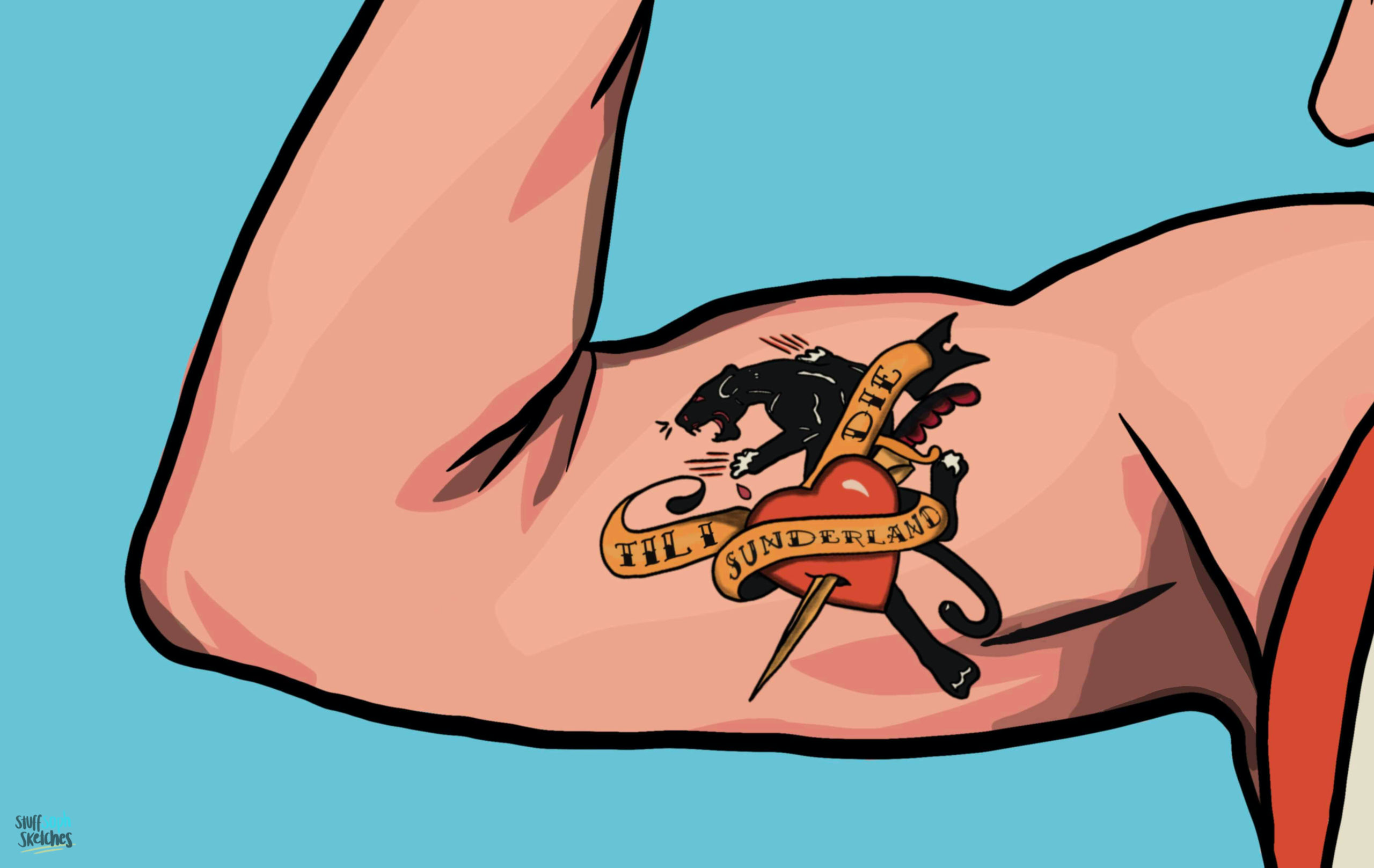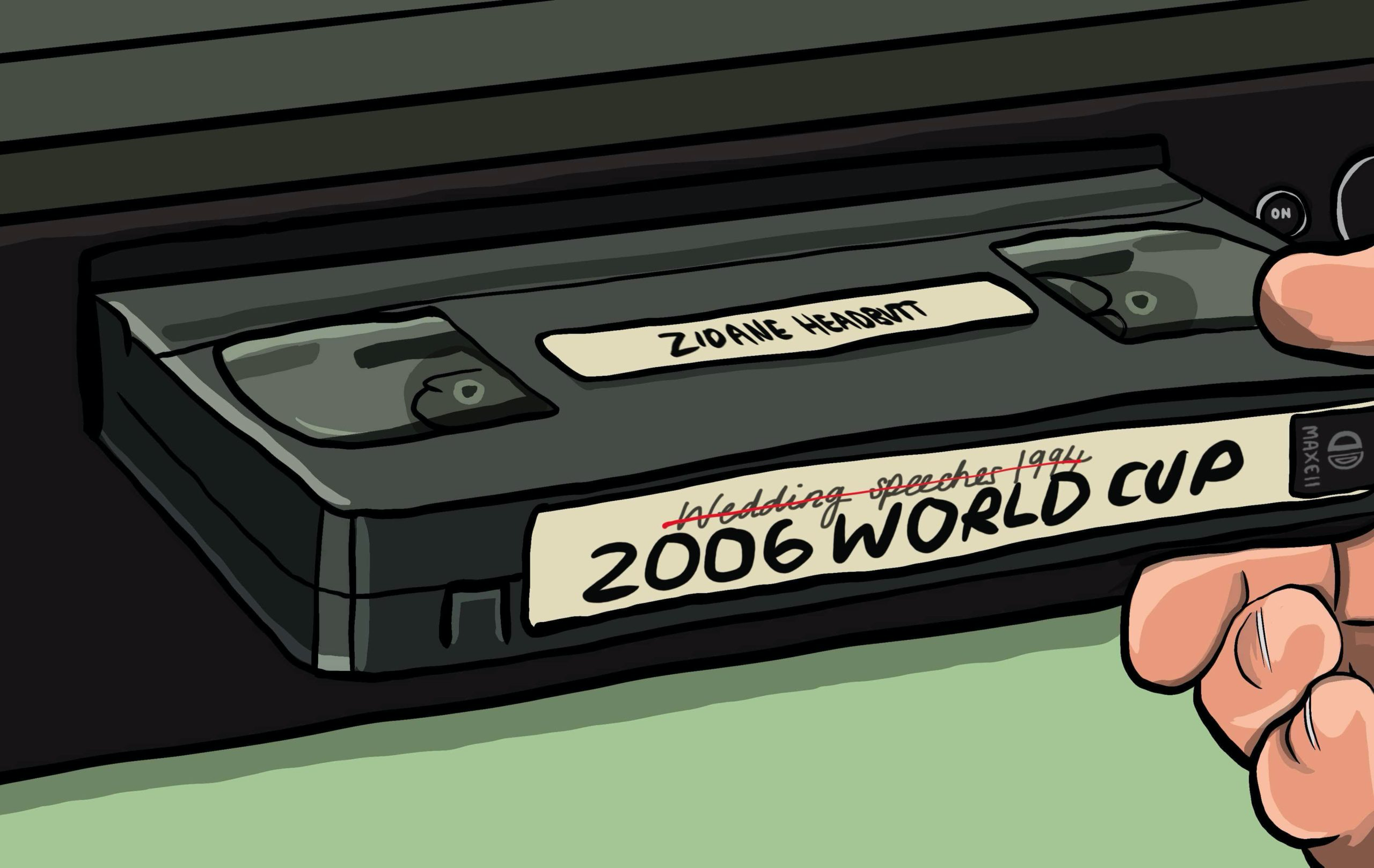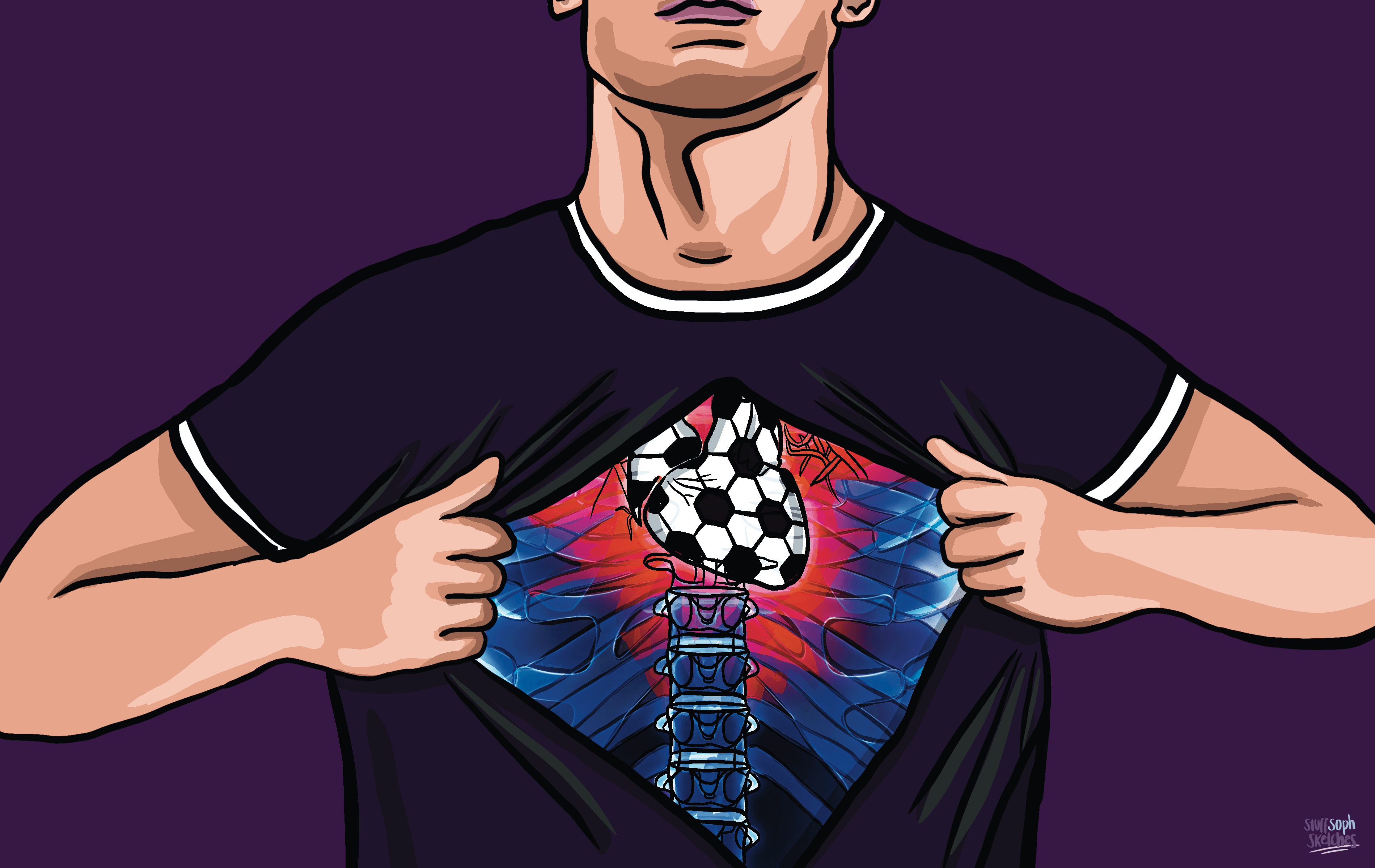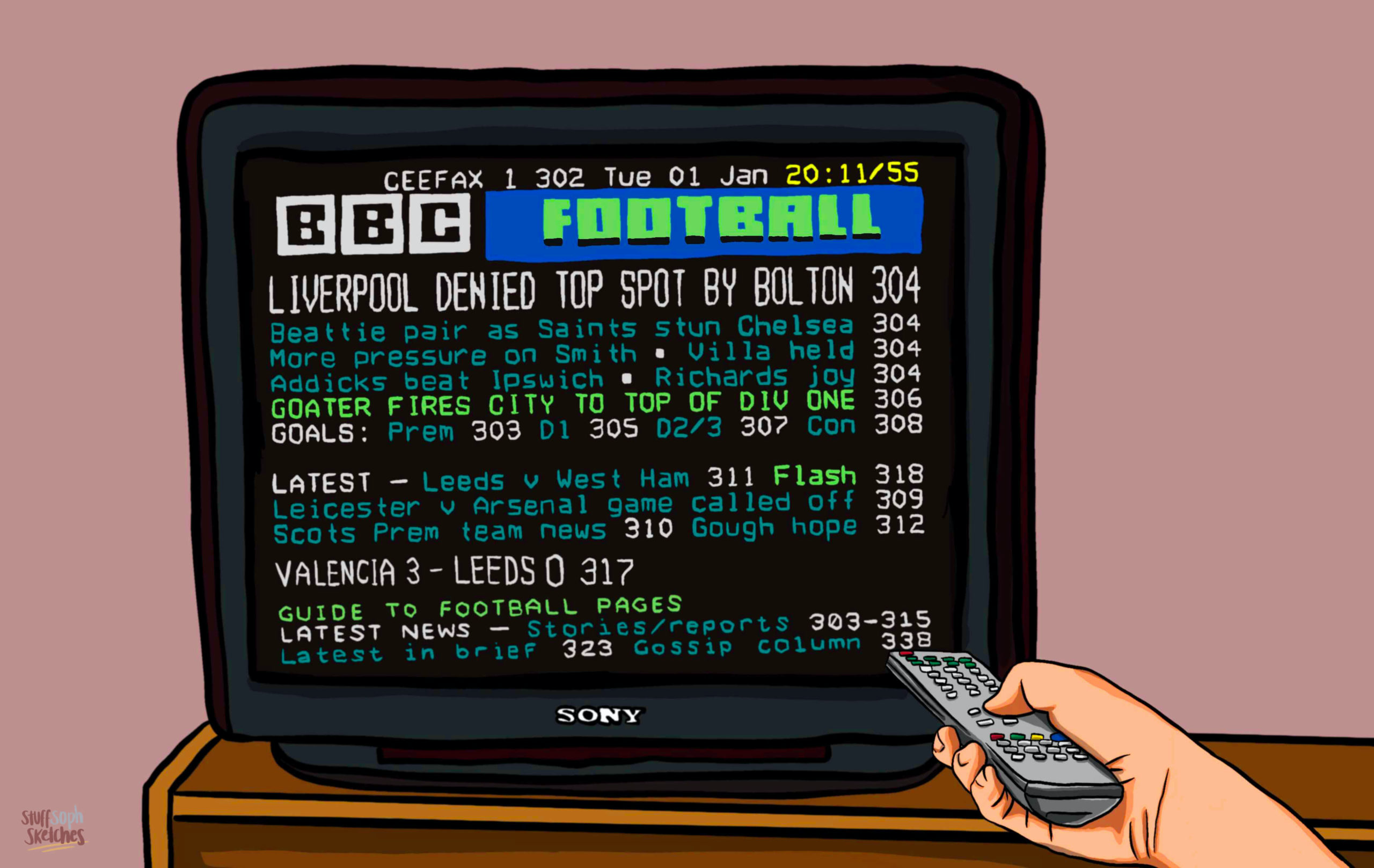In times gone by, we might have looked to the classics for moral instruction during a crisis. A bit of Sophocles to ward off the inevitable hubris of expectation or a casual dip into the intellectual genius of Montaigne to figure out what do to when the life you were hoping to greet with open arms spits right in your face. And yet, here we are. All the despairing football fan has for moral education in the current circumstances is a high budget account of how Sunderland messed it up (again).
The genre of the well-financed football documentary has experienced a renaissance of late as Amazon and Netflix have seen fit to infiltrate almost every aspect of life in pursuit of precious subscriptions. Somewhat expectedly, their cameras have largely been trained on the more recognisable footballing icons of the world. Juventus, Boca Juniors and Antoine Griezmann feature in some of the output on Netflix and you can even spend seven hours marvelling at how Maradona managed to survive a management tenure in Culiacan, heart of the Mexican Drug War. What was perhaps less expected was for the tech giant to green-light a series detailing Sunderland AFC’s 2017-18 campaign to gain promotion back into the Premier League.
Whilst bad news for Sunderland, their abject failure was nothing but a blessing in disguise for Netflix, as fans of all stripes and colours flocked to gorge themselves on a healthy dose of footballing schadenfreude.
Beyond the fake-tanned and bleach-blonde denizens of Newcastle’s city centre on a Saturday night, the North East is a region very rarely associated with glamour or glitz and it was not a pretty place to be at this time – a sentiment echoed by executive producer and lifelong Black Cats fan Leo Pearlman in 2017: ‘One of the things we’re looking for in a show is to find a resonance beyond the direction of the story you are watching…Donald Trump had just been elected and there was a sense of disenchantment, and something about Sunderland and the North East just chimed with that.’ Despite this enveloping sense of doom and decay, if Netflix knows anything it’s what the people want, and everyone loves a redemption story.
Having been relegated from the English first tier following an atrocious 2016-17 season under the tepid management of David Moyes, the first series of Sunderland ‘Til I Die (2018) revealed a club shackled by the weighty expectations of an entire city and community. Recurring interviews with life-long fans gave an insight into how closely intertwined footballing success was to civic pride while a high level of access to the dressing room gave a no-holds-barred take on the impact it inevitably had on both playing and management staff. From the maternal catering staff to the wonderfully neck-dressed ladies in the ticket office the Stadium of Light oozed passion and solidarity, if only in a manner in which the vast majority of Netflix’s global audience would find nothing but a mashed-up collection of vowels and confusion. Jack Rodwell even makes a cameo appearance as a Class-A prick. However, as so often happens in this game, the Hollywood script was prewritten and bred only to be mercilessly pulled to pieces by lupine footballing realities. A toxic combination of poor management, arrogant boardroom leadership and a lack of confidence on the pitch led to a second relegation in two years. It speaks volumes about the predatory tribalism of the “football family” that it became such an immediate success. Would you have watched it knowing it ended differently?
Whilst bad news for Sunderland, their abject failure was nothing but a blessing in disguise for Netflix, as fans of all stripes and colours flocked to gorge themselves on a healthy dose of footballing schadenfreude. Of course, it was slightly unnecessary that the second season should be released on the first of April but again, Netflix knows what their viewers want and exactly why they watch what they do. At this point, no-one was watching for the football, it was pure comedy and subliminally packaged as such. It is therefore fitting that the figures who, at times, loom largest in the second series appear to have walked right out of a comedy sketch. Chief Executive Charlie Methven, the type of man you would expect to see half cut on a Saturday afternoon in a wine bar in Borough Market, opens the series with a brutal assessment of the club’s long-term viability. Citing ongoing losses of beyond £30,000,000 per year, Methven inspires his new colleagues by describing the club as ‘a failed fucked-up business’ and endears himself to the fans by characterising their team as a ‘a piss-take party’. Despite the Eton-lite dress-code, he inadvertently channels the spirit of David Brent, culminating in a bizarre scene in which he blasts 90s Ibiza trance at twenty-something colleagues in an attempt to convince them to ditch Dance of the Knights, the club’s traditional run out song. Ricky Gervais couldn’t have written the script to extricate more cringe from it. New owner Stuart Donald is an equally surprising figure to find in the executive rooms of the Stadium of Light, a softly spoken middle-aged man with the demeanour of a particularly morose toddler. Comedy value aside, the new ownership team held high expectations, possibly even higher than the Sunderland faithful. Not only targeting promotion as a minimum requirement, they also try to streamline expenses, lead the country in “fan engagement” and heal the widening rift between the supporters and the club. Herein lies the lesson beyond the humour of the show. The desperation to achieve, to win promotion and to look beyond that to further distant successes, exerts a palpable pressure on everyone featured. Such pressure understandably leads to chaotic decision-making at all levels. Faced with the loss of a key striker after Josh Maja’s move to Marseilles, Donald’s increasingly flailing efforts to secure a last-minute replacement are characteristic. Watching the scenes in which Donald ignores the bemused advice of his senior scouting staff to go on and pay Wigan £4,000,000 for Will Grigg’s services is instructive. The burning man had a tepid season far below the expected returns for his transfer fee, scoring only five times, albeit with one coming in a play-off semi-final. Just a year after his record-breaking transfer, Grigg refused a loan move to League Two Salford City. Similarly, the determination of Black Cats fans that their club is too big for the third tier and their inability to accept anything less than immediate success has its own effect.
With their lives and mental stability so heavily dependent on the health of their club, it is hard to watch at times as their season crumbles. The gap between expectation and reality grows into a yawning chasm in real-time as two Wembley defeats bring the travelling Sunderland hoards within touching distance of a more-or-less perfect return on their season. Were it not for a missed penalty and a late winner the end product would have been a stirring redemption story rather than black comedy. Such are the cruel margins in football and if Sunderland ‘Til I Die has anything as cogent as a message it is a simple one: Expectation is a bitch.



